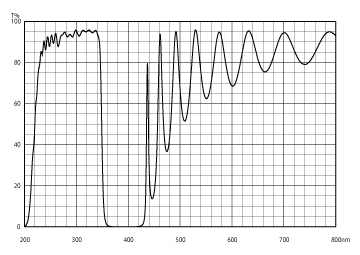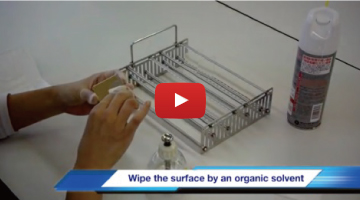FAQs
If you cannot find the information you need in the following section, feel free to contact us. We will reply as soon as possible.
Q1: How can I order a custom filter?
A1: First of all, please send us your requirements from Custom Filters. We will quote on the basis of information.
Q2: I would like to use filters under high temperatures.
A2: Generally our narrow band pass filters can work under 158F (70C) but total performance of most filters weakens under high temperature.
It is difficult to define whether the condition is perfectly safe or not. Therefore it is important to protect them with anti-heat components
(ex: our Super Cold Filters or cooling fans). For more information, feel free to contact us.
Q3: Do your filters deteriorate under strong UV rays?
A3: UV rays harm especially the filter units' glue. How it affects depends on the time of ray casting or ray strength.
Please contact us for we have various alternatives to solve this problem such as filter units without glue or anti-UV filter units.
Q4: The spectral performance I measured is lower than the attached data provided by Asahi Spectra.
A4: First, please confirm that the filter is set at the right angles against the light. All filter data are measured under
the condition where our filters are used at the specified angles. Bandpass filters are made of dielectric multi-layer thin films
where spectral properties tend to shift to shorter wave region, causing transmittance average rates to go down if the incident angle is leaned.
Q5: Do you accept credit cards?
A5: You can pay by credit card via PayPal. Please contact us for details.
Q6: I would like to see the transmission of longer wavelength (VIS-IR).
A6: There is the wavy transmission. Please refer to the graph.

Q7: How can I clean a filter surface?
A7: Please clean the filter according to the following procedure.
Before wiping, you have to blow the dust on the surface completely. Next, please wipe the filter surface carefully by the lens tissue
with an organic solvent such as an isopropyl alcohol and so on.
Please also find the following video for the details.

